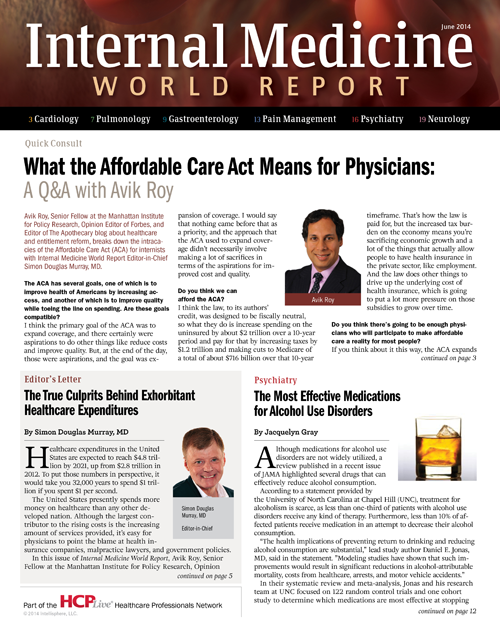Publication
Article
Redefining Kidney Disease May Accelerate Treatment Development
Author(s):
Revising the definition of chronic kidney disease progression that is currently used in clinical trials could speed the development of new therapies.

Revising the definition of chronic kidney disease (CKD) progression that is currently used in clinical trials could speed the development of new therapies, according to a new study published in JAMA.
Researchers led by Josef Coresh, MD, PhD, MHS, of the Johns Hopkins Bloomberg School of Public Health, analyzed data from 1975 to 2011 on 1.7 million participants who were recruited in 35 cohorts across dozens of countries and followed for 5 years, on average. Among those cohorts, 12,344 end-stage renal disease (ESRD) events and 233,944 deaths were recorded.
Although kidney disease is a worldwide health problem with poor outcomes and high treatment costs, there are fewer clinical trials for CKD compared to other common diseases.
The current definition of CKD — a doubling of serum creatinine — is a late event that requires long follow-up periods and large sample sizes, the researchers noted. The existing standard for clinical trials on CKD is associated with a 57% reduction in kidney function with a 3.7-fold increased risk of mortality. However, this event only occurs in <1% of trial participants.
According to the study authors, a 30% reduction over 2 years could serve as an alternative endpoint for CKD progression, as this new definition was associated with a 1.8-fold increased risk of mortality and occurred in 7% of participants. Although, the mortality rate was higher with a larger reduction in kidney function, the investigators noted the lesser decline is a more common occurrence that transpires earlier in the disease.
“CKD is often asymptomatic until it’s too late,” Coresh said in a statement. “This new definition will help standardize following patients to determine when their disease progresses significantly enough to elevate risk. This will assist in patient care, research studies, and development of new therapies.”
Using a new definition with a lesser decline in kidney function “has the potential to shorten duration of follow-up, reduce costs, and increase efficiency of clinical trials,” the investigators concluded.






